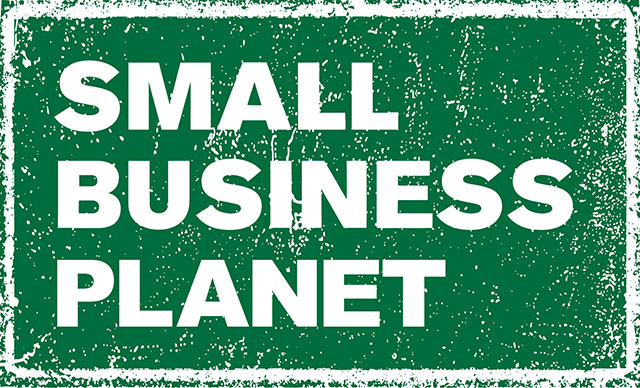Firstly, take a deep breath.
Net Zero is a big topic and we won't solve it overnight. As the saying goes, the best way to eat an elephant is one bite at a time.
Below are a few ways to make working towards Net Zero your daily habit.
Start!
The first thing you need to do, is actually start. Don't worry too much about feeling like you need to know everything about this topic.
The worst thing you can do is nothing. Being paralysed by the overwhelming amount of info means we'll never get there, so start making changes today.
If you make the wrong choice, that's fine. We can always change again in the future once we have more information. New technology, products and research is coming out all of the time, so building in the habit of change will help us react as we learn more.
Every business will have different requirements. If you run a Wine Bar your Scopes will be different to someone selling online.
Below are some broad ideas:
- Change energy supplier to one that uses renewables
- Reduce the amount of packaging you use
- Reduce the amount of heating and energy you use
- Reduce the amount of plastic you use
- Work with Net Zero suppliers
- Reduce the amount you (and your products) travel
- Buy second hand
Be Thoughtful
Large companies are already starting to take into account carbon costs when making decisions. While small businesses won't have this level of information or data available, we can still be thoughtful about the impact our decisions have.
Should we drive to that client meeting, or can it be done over a video call?
Should we buy more plastic bags for the shop, or should we remove bags entirely and ask customers to bring their own?
Should we buy more tissue paper to wrap our deliveries in, or just reuse what it arrived in from our supplier?
Every small shift you make on a daily basis will move you towards net zero. Not every decision will have clear data to back it up, and as such you will need to be thoughtful about the outcome.
Reduce, Reuse, Recycle - In that Order
It's a message we've heard for years, and it's importance around net zero is considerable.
Reduction should always be your key focus. Reduce the amount of energy you use, packaging you use, distance you travel etc. This will always have the biggest impact.
To give an example, you may think replacing plastic bags with fabric tote bags is the best thing to do.
However, during their production fabric bags emit ~100x more CO2 than plastic ones. The best bag to use is the one that already exists.
If you're unsure on the right decision to make, reduction will always beat replacement.
Change Suppliers
The biggest challenge of Scope 3 emissions are that so much of them are out of your control. You do not control the logistics company that delivers the pallet of goods for your shop. Nor do you control the factory that produces the envelopes you use.
However, if you can slowly change your suppliers to those who are also committed to Net Zero, as they improve their Scope 1+2 emissions, your Scope 3 emissions reduce.
Look for those with clear Sustainability policies and talk about Net Zero.
Changing your suppliers will ensure you benefit as the whole industry progresses. Large companies are already starting to do this too, and favouring small businesses with net zero commitments because it makes their lives easier. Sorry, it means they meet ESG targets.
Don't get caught up on measurement
Measurement is a big topic that we'll cover another time, but worth a mention.
While the idea of a Carbon Budget is a helpful way of making Net Zero more tangible, it is impractical to actually define or measure for your usage right now.
The tools and accurate info simply don't exist yet.
For example, if you go to your envelope supplier and ask them what the total CO2 emitted per unit is, they are unlikely to give you a totally accurate figure.
It is far more beneficial to start making the right changes in the right direction today, than it is to do nothing until the tools are available.
Summary
There's a lot of info there, so let's take a step back and see what Net Zero means for you:
- Net Zero is the balance of your emissions
- Net Zero is measured in 3 different Scopes. For small business, most of your emissions are in Scope 3
- Think of it like a Budget. Too much carbon emitted, and you're over budget
- Breath. You're in a great position to tackle this as a small business because you can change fast
- Changing to Suppliers also on Net Zero commitments. As they reduce emissions, so do yours
- Get used to making change. As things progress, you can learn to change with it. Consider the Carbon impact of every decision
- Reduce, don't replace. Using less will always beat using a "eco" alternative
- Measurement is difficult. Don't worry about it just yet - start reducing instead
And finally: Don't try and be perfect!
This is a huge challenge and no-one has all of the answers. Constant incremental improvements to your carbon emissions are how we will reach net zero.
You don't need to solve everything overnight, you just need to be better than you were doing yesterday.
Visit WebsitePublished: 12 May 2021
